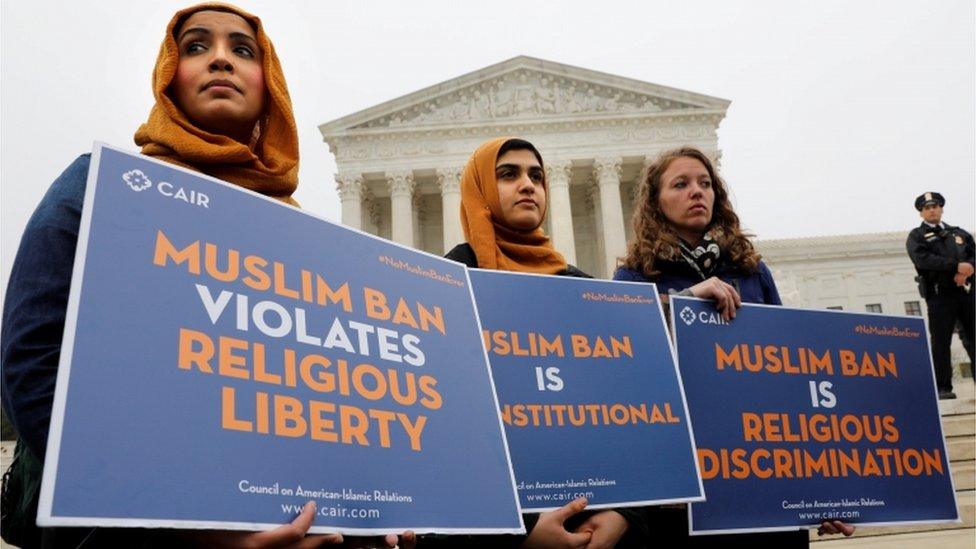Trump says he plans to expand US travel ban
- Published
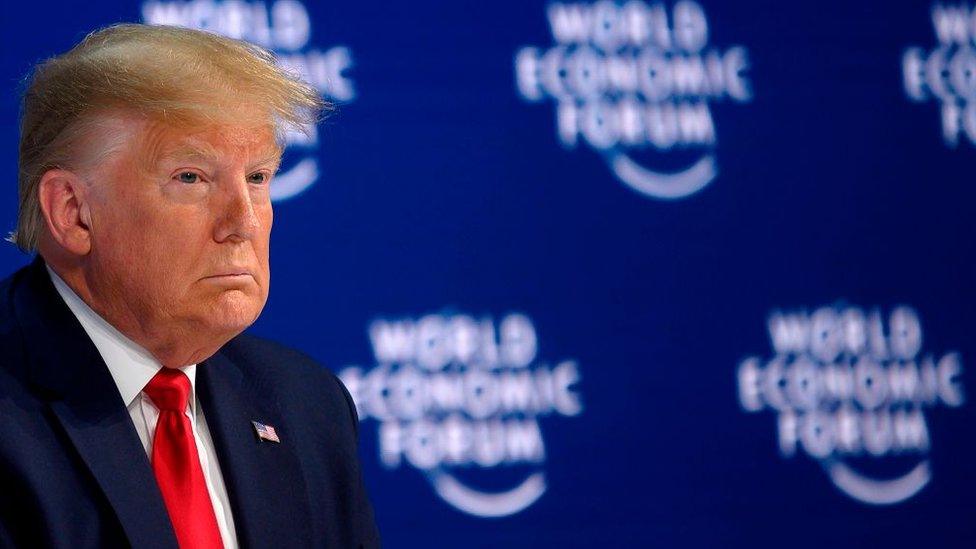
President Donald Trump said he plans to add countries to his existing travel ban to bar more foreign nationals from entry into the US.
The current ban - signed by Mr Trump two years ago - closed US borders to citizens from seven countries, most with Muslim majorities.
Libya, Iran, Somalia, Syria, Yemen, North Korea and Venezuela are affected.
Countries from Europe, Africa and Asia are being considered for the expanded order, according to US media.
Mr Trump confirmed that more countries will be added.
"You see what's going on in the world, our country has to be safe," he told reporters at the World Economic Forum in Davos, Switzerland on Wednesday.
He gave no further details on which countries would be targeted or how many, but said that the information would be released "very shortly".
The expanded list, first reported by Politico, may include Belarus, Myanmar (also known as Burma), Eritrea, Kyrgyzstan, Nigeria, Sudan and Tanzania. Different versions of this list have been considered among the administration for weeks, US media said.
Reports of the expanded ban come just after the three-year anniversary of the initial order.
The controversial ban, signed by the president seven days after he took office in January 2017, initially excluded travellers from seven majority-Muslim countries. The list was modified following a series of court challenges and now restricts some citizens of Iran, Libya, Somalia, Syria, Yemen, Venezuela and North Korea.
Muslim students on Trump ban: 'I don't belong here'
In June 2018, the Supreme Court upheld Mr Trump's ban, rejecting findings from lower courts that deemed the ban unconstitutional.
White House spokesman Hogan Gidley said in a statement that the administration had no new planned announcements related to the ban, which he described as "profoundly successful in protecting our country and raising the security baseline around the world".
"Common sense and national security both dictate that if a country wants to fully participate in U.S. immigration programs, they should also comply with all security and counter-terrorism measures," Mr Gidley says. "Because we do not want to import terrorism or any other national security threat into the United States."
Critics of the ban have noted that major attacks such as the 9/11 New York attacks, the Boston marathon bombing and the Orlando nightclub attack were carried out by people from countries not on the list or by US-born attackers.
And unlike the initial list, the possible additions include countries with a strong relationship to the US. Nigeria, for example, is a counter-terrorism partner for the US.
- Published26 June 2018
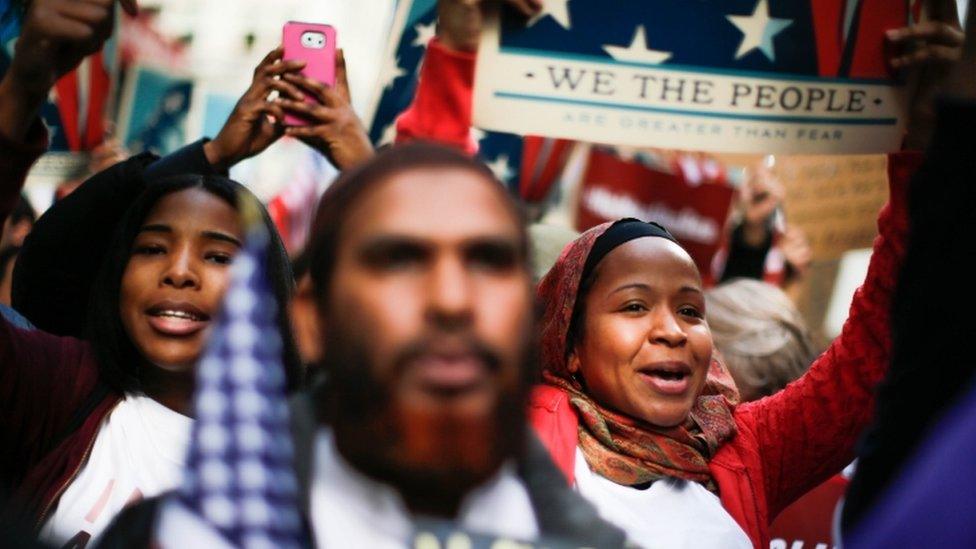
- Published29 December 2018
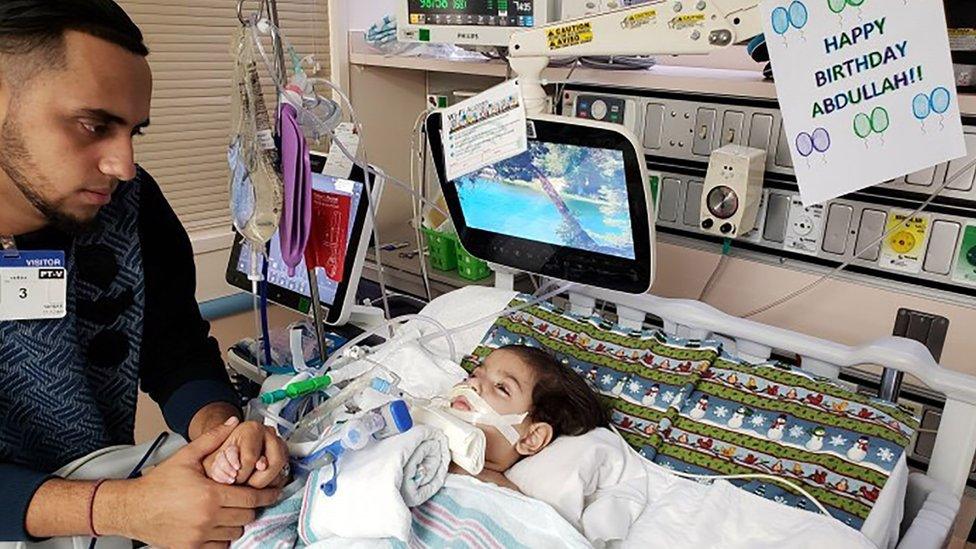
- Published11 January 2020
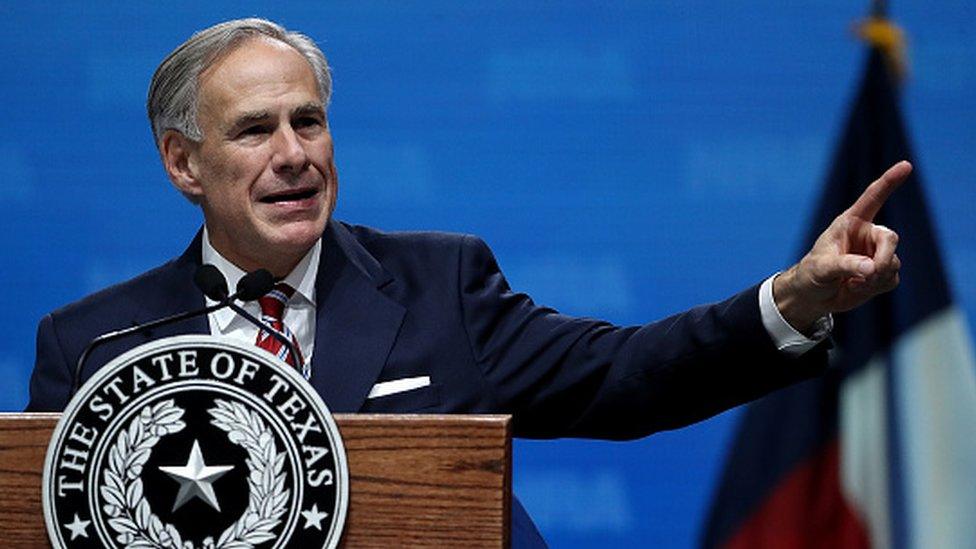
- Published26 June 2018
